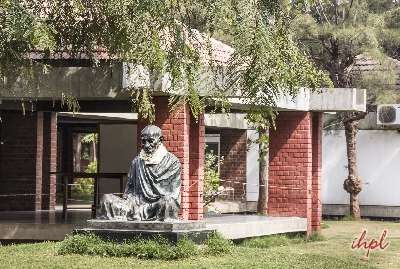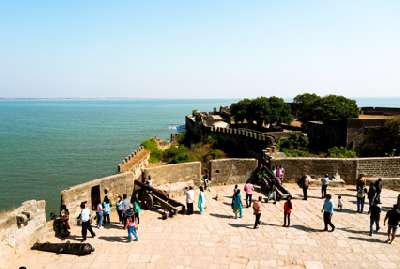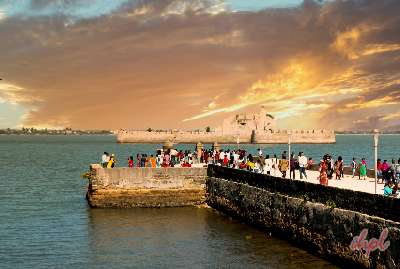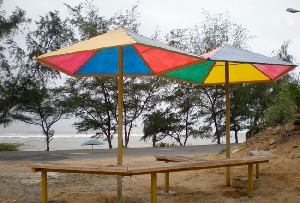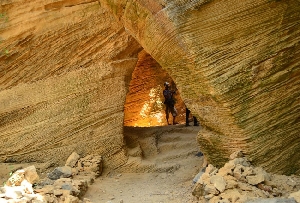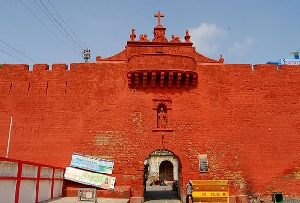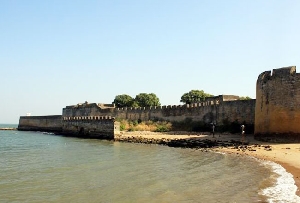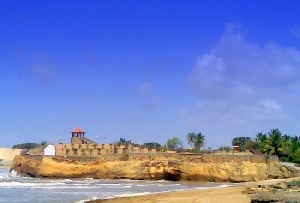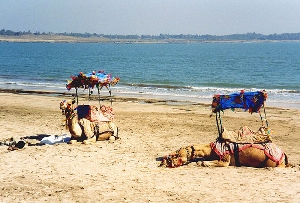The history of Diu is pretty ancient in view of the fact that it can be traced to the period when the Maurya rule was at its pinnacle. The great Mauryan emperor Chandragupta Maurya extended his control over Saurashtra and Pushagupta was assigned with the responsibility of administering Saurashtra. When Ashoka ascended the throne, he sent a gospeler to the western sea board including Diu.
The Jain traditions that are so inextricably linked to the history of Diu, have their origin in the initiative that was taken up by the grandson of Ashoka. It was at the behest of Samprati that a number of Jain temples were constructed in Diu. While flipping through the pages of the history of Diu, one comes to learn the fact that Diu was ruled by the Indo-Greek kings for a period spanning from the 1st century B.C to A.D 50. Dynamic kings like Eukratides, Meanandar and Appollodotes II succeeded each other as the rulers of Diu. For the next thousand years Diu came under the reign of dynasties that exercised power over the western India, including Gujarat. From Somnath Patan, the last ruler of the Vaja dynasty, the power shifted to the Muslim rulers of Gujarat.
The landing of the Parsee community in Diu is also a momentous event in the historical background of Diu. The Parsees who were made the victims of religious persecution in Iran came to Diu in the seventh century, considering it as the safe haven. Diu was controlled by the Sultans of Oman during the 14th and 16th centuries. It was under them that Diu emerged as a trading post and a naval base from where the shipping routes of the Arabian Sea could easily be regulated and monitored. The Portuguese were quick to realize the benefits that they could reap from the strategic location of Diu and thus begun their relentless pursuit to gain control over Diu. They finally succeeded in 1539. By the middle of the 16th century the Portuguese extended their dominance over Salcete and Bardez Talukas along with the coastal areas to the north of Bombay and the pockets of Daman and Diu. Diu remained under the Portuguese control till 1961.



